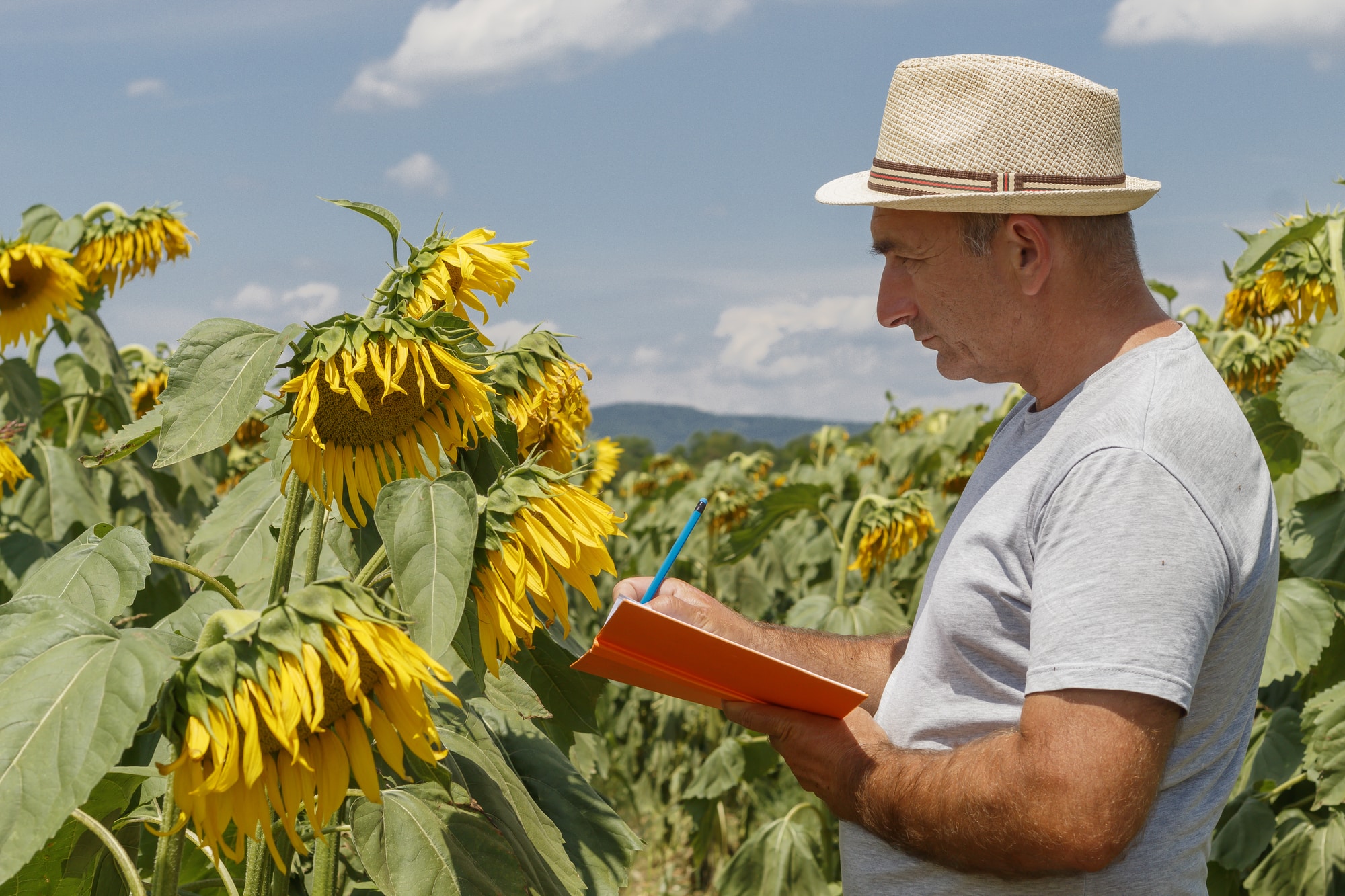







Simply enter the service you need, and your details then press "Spetz-it".
You'll be connected immediately to a nearby top-rated service provider.
Your rating is important. So you can help other customers get the best specialist too.
To hire the best sunflower grower near you in the UK, you’ll want to follow a few steps to ensure you find a reputable and skilled professional who can provide high-quality sunflowers. Here’s how you can go about hiring the best flower grower specializing in sunflowers:
By following these steps and conducting thorough research, you can hire the best sunflower grower near you in the UK who can provide high-quality sunflowers for your needs, whether it’s for personal enjoyment, events, or floral arrangements.
Flower growing, particularly sunflower growing, refers to the cultivation and production of sunflowers as a crop for various purposes, including ornamental, agricultural, and commercial uses. Sunflowers (Helianthus annuus) are tall, annual flowering plants known for their large, bright yellow flowers with dark centers, called “heads” or “blooms.” Sunflowers are cultivated for their beauty, as well as for their seeds, which are used in the production of sunflower oil, food products, birdseed, and other applications. Here’s an overview of what flower growing, specifically sunflower growing, entails and what flower growers specializing in sunflowers can do in the UK:
Overall, flower growers specializing in sunflowers play a vital role in the agricultural industry and contribute to the production of sunflowers for various purposes, including ornamental, culinary, and industrial uses. By cultivating sunflowers, growers provide valuable products, enhance landscapes, support local economies, and promote appreciation for nature’s beauty in the UK and beyond.
Flower growing, particularly sunflower growing, can contribute to various jobs and employment opportunities in the UK, both directly within the agricultural sector and indirectly across related industries. Here are some of the jobs that flower growing, specifically sunflower growing, can help support in the UK:
These are just a few examples of the jobs and employment opportunities that flower growing, particularly sunflower growing, can help support in the UK. By cultivating sunflowers, growers contribute to the agricultural economy, create jobs, and sustain livelihoods across the agricultural supply chain and related industries.
The cost of flower growing, specifically sunflower cultivation, in the United Kingdom can vary widely depending on several factors, including the scale of the operation, the location and climate of the farm, the type and quality of sunflower seeds, the cost of inputs such as fertilizers and pesticides, labor expenses, and overhead costs. Additionally, the cost of sunflower growing may also be influenced by market demand, seasonal fluctuations, and other economic factors.
Here are some cost considerations associated with flower growing, specifically sunflower cultivation, in the UK:
It’s important to note that the cost of flower growing, particularly sunflower cultivation, can vary from one farm to another and may be influenced by a wide range of factors beyond those mentioned above. Growers should carefully evaluate their production costs, revenue potential, and market conditions to make informed decisions and ensure the financial sustainability of their flower growing operations in the UK.
When considering hiring a local flower grower specializing in sunflowers in the UK, asking relevant questions can help you gather important information about their services, expertise, and the quality of their sunflowers. Here are some questions you may consider asking:
By asking these questions, you can gain valuable insights into the grower’s expertise, growing practices, and the quality of sunflowers they offer, helping you make an informed decision when choosing a local flower grower specializing in sunflowers in the UK.